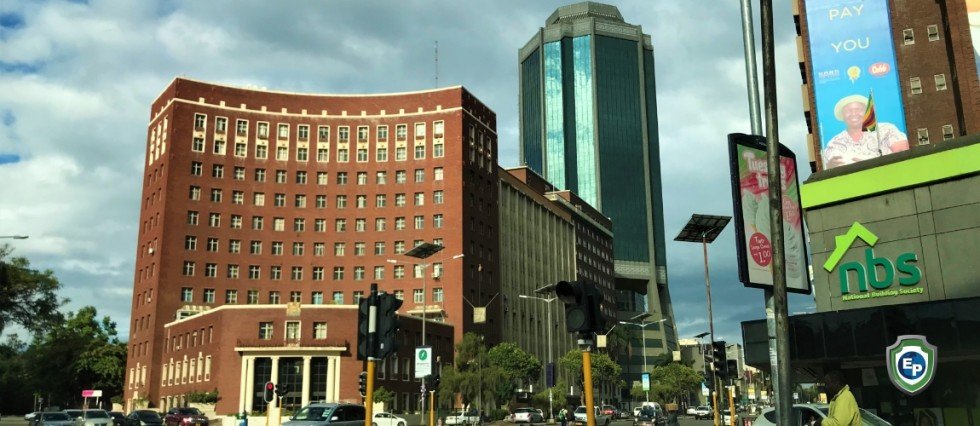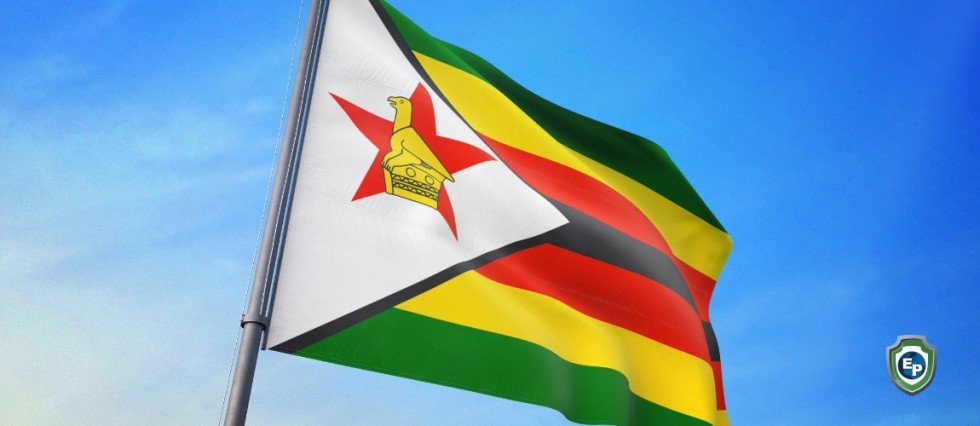Reserve Bank of Zimbabwe Retracts Loan Ban
Zimbabwe's government recently announced a slew of measures that took effect immediately, including a ban on all banking loans. However, it has lifted this ban not long after. Here's why.

In what has become common in Zimbabwe, the government announced a raft of bizarre measurements in immediate effect. After business hours, the President, flanked by Finance Minister Ncube and Reserve Bank of Zimbabwe (RBZ) governor Magudya, said that:
- All banking loans were banned;
- There would be an increase in taxes on forex bank transfers;
- Payment of taxes which used to be charged in forex in local currency;
- Higher levies on forex cash withdrawals above $1,000.
Why the Government Banned Loans
The Zimbabwean economy is in a dire position. In April, Zimbabwe's year-on-year inflation was 96.4 percent, an increase from 72.7 percent in March; in January, it was 60.6 percent. The main driver of Zimbabwe's inflation is the local currency losing value by the week.
The government believes that "economic hitmen" borrow money from the banks below inflation interest rates. They, in turn, go to the informal market to buy forex, thus raising the rates. When they have to pay back the loan, its value will have devalued, giving them a profit.
The Aftermath of the Bank Loan Ban
The ban was across all sectors. Banks couldn't lend money to any individual, private organization, government, or agency. The effect on company operations was also immediate. Without bank loans, businesses couldn't offer credit lines and asked their customers to pay cash for goods and services. For example, Tongaat Hulett, a sugar producer, had to suspend prepayments to sugar cane farmers because it relies on bank loans to fund the payments.

The confusion from the ban and criticism of the government was swift. The RBZ had to backtrack within a few days by giving exemptions to companies involved with the trade of tobacco, maize, sugar cane, and soya bean. Farming is a critical industry in Zimbabwe; farmers and their families are also a significant voting bloc during elections.
The ban did not last more than a fortnight, and the government had to retract the ban entirely. But the RBZ said that the loan ban would only affect companies under investigation. At the time, it didn't release any information on the banned organizations' names or their industries.
The ban is one of many policy missteps from the government. Standard Chartered Bank announced it was leaving the Zimbabwean market after it had a presence for 130 years. The announcement came weeks before the loan ban but is emblematic of the deteriorating business environment. The harm is that they create an environment with low policy stability, raising the country's risk profile.
Let Export Portal Help You
At Export Portal, we have created a blog page to keep you updated on all the latest news. For more articles like this one, make sure to check out our site today!


















Comments 0